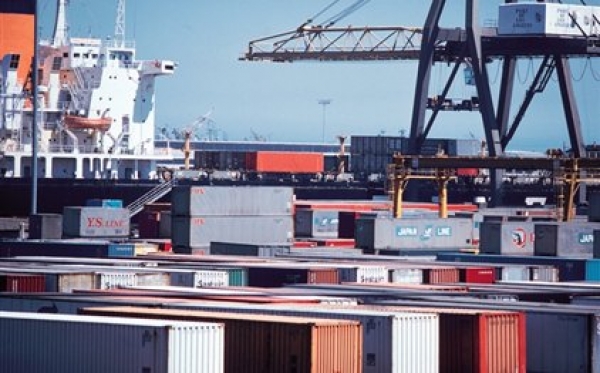Counterbalancing peripherality and concentration of national port systems is the theme of the latest study by PortEconomics associate member Gordon Wilmsmeier and Jason Monios, who presented a related analysis of the UK container port system, during the annual conference of the International Association of Maritime Economists – IAME 2012, that was held in Taipei, Taiwan.
Over the last four decades the UK port system, particularly for containerised trade, experienced a shift to and concentration in the southeast of the country, close to the English Channel. At the same time, traditional ports in the north and centre of the country have lost importance, despite overall container traffic growth. This study analyses the evolution of container traffic at UK ports. The paper maps the patterns of container trade relations, focusing on regional trade specialisations as well as transshipment patterns.
Consequently, the study delivers new insights on the geography of UK container trades, and in this context explores and discusses the spatio-temporal development of container traffic and the potential repercussions on hinterland infrastructure development. In particular identifies a potential deconcentration of container traffic within the UK port system, related to a shift in gateway region for UK trade, increasingly being transshiped through continental ports rather than the traditional southeastern UK ports. This deconcentration has potential benefit for regional UK ports, many of which are pursuing significant port expansions to take advantage of these trends. These ports seek to reposition themselves within an emerging feeder market that could reduce their peripherality that has been embedded by the current concentrated UK port and infrastructure system. The study thus raises questions about port policy and both public and private sector responses to a changing UK port geography.
You might read – and freely download – the full study @PortEconomics.
The annual conference of the International Association of Marime Economists – IAME 2012, held in Taipei, Taiwan, provided the PortEconomics team the opportunity to present 16 different port or port related studies that progressed over the course of the most resent months – read more & reach the studies: PortEconomics team@IAME2012












